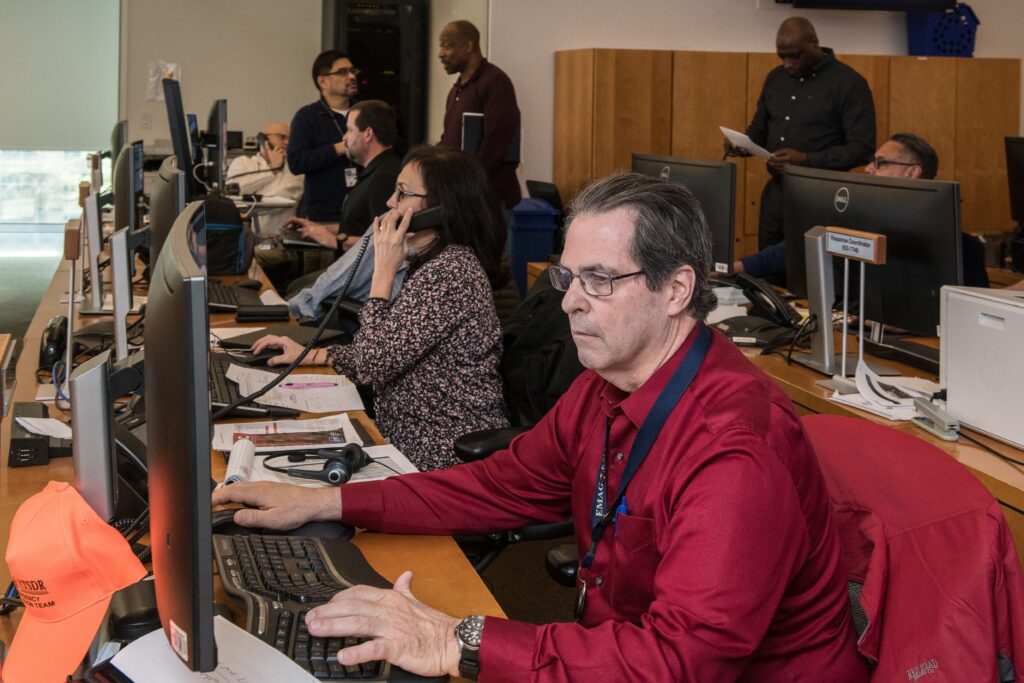“One of the greatest tragedies of life is the murder of a beautiful theory by a gang of brutal facts.” Benjamin Franklin
Last week, I was invited by The Society of Construction Lawyers to speak on whether or not there should be a formal accreditation system in place for expert witnesses. I was in exceptional company, discussing the issue with a panel made up of Ted Tooher (AIPM Council of Fellows), Dawna Wright (Forensic Analyst) and Neil Kirkpatrick (NAK Consulting), and moderated by Ian Bailey SC. At first glance, an accreditation system for expert witnesses sounds like a beautiful theory; essentially a list of experts whom have a stamp of approval.
After all, our society relies on a number of accreditation systems to ensure that the reputation of a particular field is upheld and to allow recourse in the event that the accredited person contravenes the policies of the governing body. We rely on the Law Society to accredit lawyers, the Board of Studies to accredit teachers and the NRMA to accredit panel beaters. In order for them to practice or for us to engage them, they need to have that tick of approval.
When it comes to expert witnesses, many people fail to acknowledge that we already have a system of accreditation in place. It is the duty of the court to accredit each individual that comes before them and this is done by assessing whether they have adequate study, training or experience to opine on the issue at hand.
This test works for all possible experts; it works for the truck driver who has gone around a certain bend 1000’s of times to give his opinion based on his experience and it works for the neuroimmunologist who has written countless articles on a particular strain of a disease to give his opinion based on his study. These people do not want to be accredited, but they may be the best people to give opinion in a particular matter.
By pushing for a different system of accreditation, not only does one ignore the success of the current method, but it fails to take into what Franklin may refer to as a murderous ‘gang of brutal facts’.
Brutal Fact #1: Areas of expertise are rarely clear cut – how could we practically accredit expert witnesses?
If a litigant is at the stage of a matter where they are requiring an expert witness, it is highly likely that the matter is fraught with complexities.
Often, these experts are required have experience in a very niche speciality. Have you ever tried to search for an expert to opine on feral cat handling? Samurai sword incisions? Wireless internet in mines? We have. These experts were plucked directly from the industry and not lying around on an accreditation list. Frankly, if there were picked from a list, there may be cause for concern.
Brutal Fact #2: There is inherent danger in having professional experts
Expert opinion calls for people who have been immersed in a particular industry and are continually exposed to their field of specialised knowledge.
By having an expert accreditation system, we are creating a market for professional experts. If you were looking for a mining engineer, would you be looking for someone who stood in court all day giving their opinion, or would you be looking for someone who spends every day on a mine site, exposed to fellow workers and completely in touch with what is happening within the industry? Professional experts bring with them the risk of having outdated information and a theoretical, rather than practical grounding in their field. While study is important, experience is invaluable.
Brutal Fact #3: Accreditation doesn’t equate to being able to opine on any given issue
We can’t escape the legislation. Whether they are accredited or not, s76 and 79 of the Evidence Act 2005 demand that experts only opine on issues that are wholly or substantially based on their knowledge. Intricacies of cases will vary, thus the specialised knowledge required will need to take this into consideration.
For example, say we have an accredited list of expert witness engineers. This would not mean that they are able to give evidence in any matter involving engineering issues. Even if this was broken down into further subcategories (e.g. structural engineers) there are a plethora of specialities and niche areas within this field alone. They need to be qualified each and every time they offer their opinion on the matter.
This would also see accredited experts having an unfair advantage over well-qualified experts. Should a highly skilled expert be disqualified from giving evidence purely because they are not accredited? Should have the international renowned expert from Norway who we recently retained for a reinforced concrete design matter have been excluded from giving expert evidence purely because he never had any intention of giving evidence in Australia?
Brutal Fact #4: We already have a system that works
Finally, we do not need to fix that which isn’t broken. It is completely unnecessary given that we essentially have a solid accreditation system that works with any type of expert. It is accreditation on a case by case basis, where the expert is qualified each time according to the circumstances. It is common practise for Counsel to try and discredit their opponent’s expert by stating to the judge that the expert does not have the requisite specialised knowledge. A parallel can be drawn between the cross examination and the testing process involved in a case by case accreditation scheme. What currently exists is far more rigorous and arguably effective than relying on someone from a list of experts.
These brutal facts show that any change to the current accreditation system is nothing more than a beautiful theory and would harm the expert witness process.
